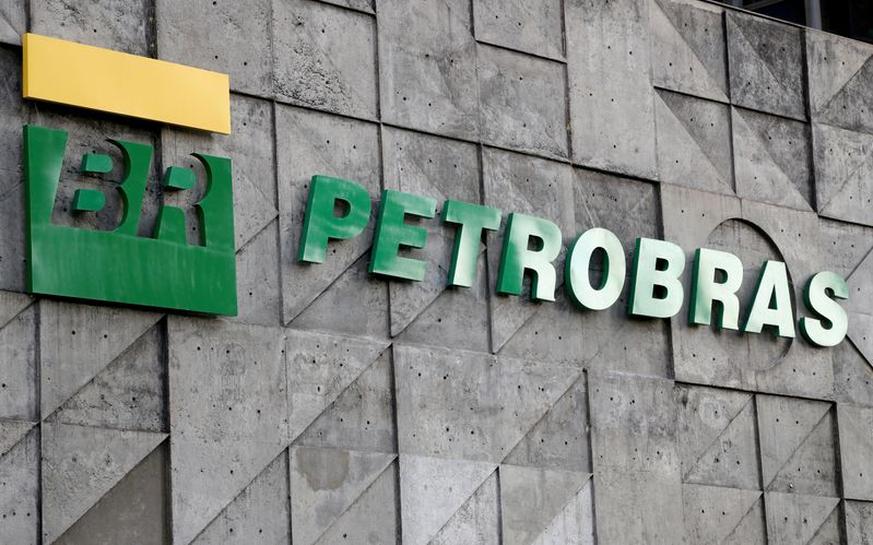RIO DE JANEIRO – Petroleo Brasileiro SA’s chief financial officer and three other top executives decided to leave the state-controlled producer after clashing with plans of the company’s incoming chief executive, a person close to the executives said.

Topics of disagreement between the current management and the incoming CEO, retired general Joaquim Silva e Luna, include his plans for Petrobras’ fuel price policy, the person said.
Petrobras, as the Rio de Janeiro-based firm is known, announced on Wednesday that its four most important division heads will step down following outgoing CEO Roberto Castello Branco.
The shake-up follows Brazilian President Jair Bolsonaro’s firing of Castello Branco in February after they clashed over fuel prices.
Luna is the latest in a slew of active-duty and former military men Bolsonaro has surrounded himself with since taking office.
The executives leaving are investor relations chief Andrea Almeida, sales and logistics chief in charge of the price policy André Chiarini, exploration and production head Carlos Alberto Pereira de Oliveira, and executive head of development and production Rudimar Lorenzatto. They all told the board of directors they will step down, though will remain in their positions until April 12, when a new executive management should be approved in a board meeting.
Incoming CEO Luna told Reuters in an interview on Tuesday that he considered to keep the management team when he takes over in April, though he knew at least two executives were planning to leave.
Petrobras refining head Anelise Lara and chief compliance officer Marcelo Zenkner also left the company earlier this year, for reasons that included fear of government interference at the company.
Bolsonaro is just the latest Brazilian leader to intervene in Petrobras, whose virtual refining monopoly gives it control over domestic fuel prices.
Castello Branco’s sacking after hiking fuel prices more than 30% within a couple of months sent jitters through financial markets. Fuel prices are a sensitive topic for investors after Petrobras lost $40 billion between 2011 and 2014 as the government, which controls a majority of the company’s voting shares, forced it to subsidize local pump prices.
Luna told Reuters on Tuesday he would attempt to keep Petrobras free of inappropriate political interference.



